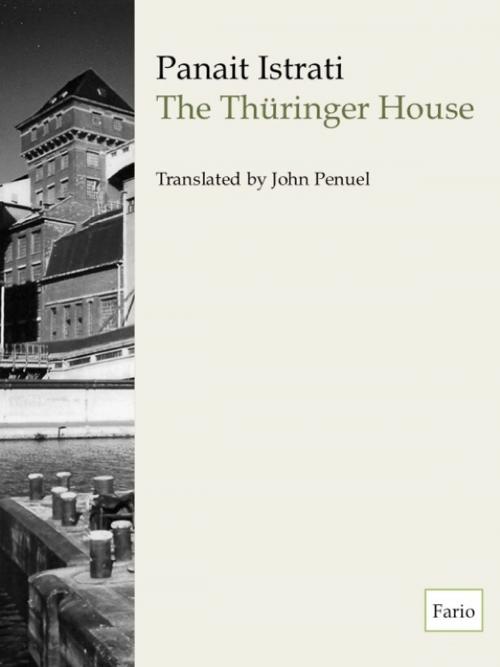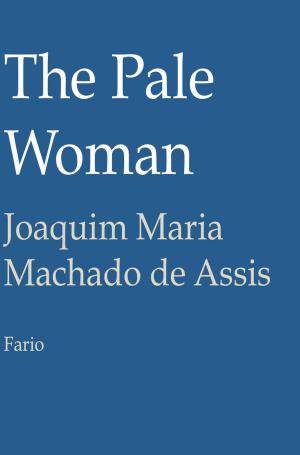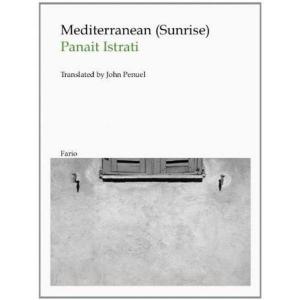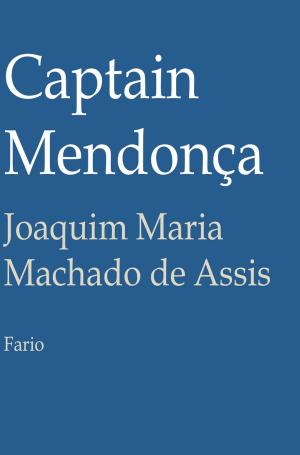| Author: | Panait Istrati | ISBN: | 9781458103659 |
| Publisher: | Fario | Publication: | May 10, 2011 |
| Imprint: | Smashwords Edition | Language: | English |
| Author: | Panait Istrati |
| ISBN: | 9781458103659 |
| Publisher: | Fario |
| Publication: | May 10, 2011 |
| Imprint: | Smashwords Edition |
| Language: | English |
_The Thüringer House_ is the first of a cycle of novels, "Life of Adrien Zograffi," written by the Romanian Panait Istrati in the early 1930's, shortly after his return, bitterly disillusioned, from a long stay in the Soviet Union. Adrien, servant in a bourgeois household headed by rich grain exporters, must reconcile his socialist ideals--put to the test during a strike in the grain-exporting port of Braila, on the Danube--and his growing attraction to Madame Anna Thüringer, the mistress of the house.
Panait Istrati
In early January 1922, a Romanian slits his own throat in a park off the promenade des Anglais, in Nice, France. He is saved by a passerby. In the Romanian's pocket is a letter, found by hospital personnel, addressed to French Nobel laureate Romain Rolland, who is so impressed he visits the would-be suicide in the hospital and encourages him to write. Less than a year later, Panait Istatri (1884-1935), a vagabond with no more than a primary school education, achieves immediate renown with his first novel, _Kyra Kyralina_. A series of other successful novels follows. Istrati's only serious rival is Jack London.
But Istrati's fame is short lived. After sixteen months in the Soviet Union, Istrati publishes a denunciation (written with Boris Souvarine and Victor Serge) of the Bolshevik regime. He is turned on by his former champions in France, including Rolland. Ill, penniless, and friendless, he withdraws to Romania, where, in the few years before his early death of tuberculosis he writes several more novels--darker than his earlier, more exuberant novels--and short pieces. _The Thüringer House_ is the first of the novels written in the final phase of Istrati's life.
_The Thüringer House_ is the first of a cycle of novels, "Life of Adrien Zograffi," written by the Romanian Panait Istrati in the early 1930's, shortly after his return, bitterly disillusioned, from a long stay in the Soviet Union. Adrien, servant in a bourgeois household headed by rich grain exporters, must reconcile his socialist ideals--put to the test during a strike in the grain-exporting port of Braila, on the Danube--and his growing attraction to Madame Anna Thüringer, the mistress of the house.
Panait Istrati
In early January 1922, a Romanian slits his own throat in a park off the promenade des Anglais, in Nice, France. He is saved by a passerby. In the Romanian's pocket is a letter, found by hospital personnel, addressed to French Nobel laureate Romain Rolland, who is so impressed he visits the would-be suicide in the hospital and encourages him to write. Less than a year later, Panait Istatri (1884-1935), a vagabond with no more than a primary school education, achieves immediate renown with his first novel, _Kyra Kyralina_. A series of other successful novels follows. Istrati's only serious rival is Jack London.
But Istrati's fame is short lived. After sixteen months in the Soviet Union, Istrati publishes a denunciation (written with Boris Souvarine and Victor Serge) of the Bolshevik regime. He is turned on by his former champions in France, including Rolland. Ill, penniless, and friendless, he withdraws to Romania, where, in the few years before his early death of tuberculosis he writes several more novels--darker than his earlier, more exuberant novels--and short pieces. _The Thüringer House_ is the first of the novels written in the final phase of Istrati's life.















